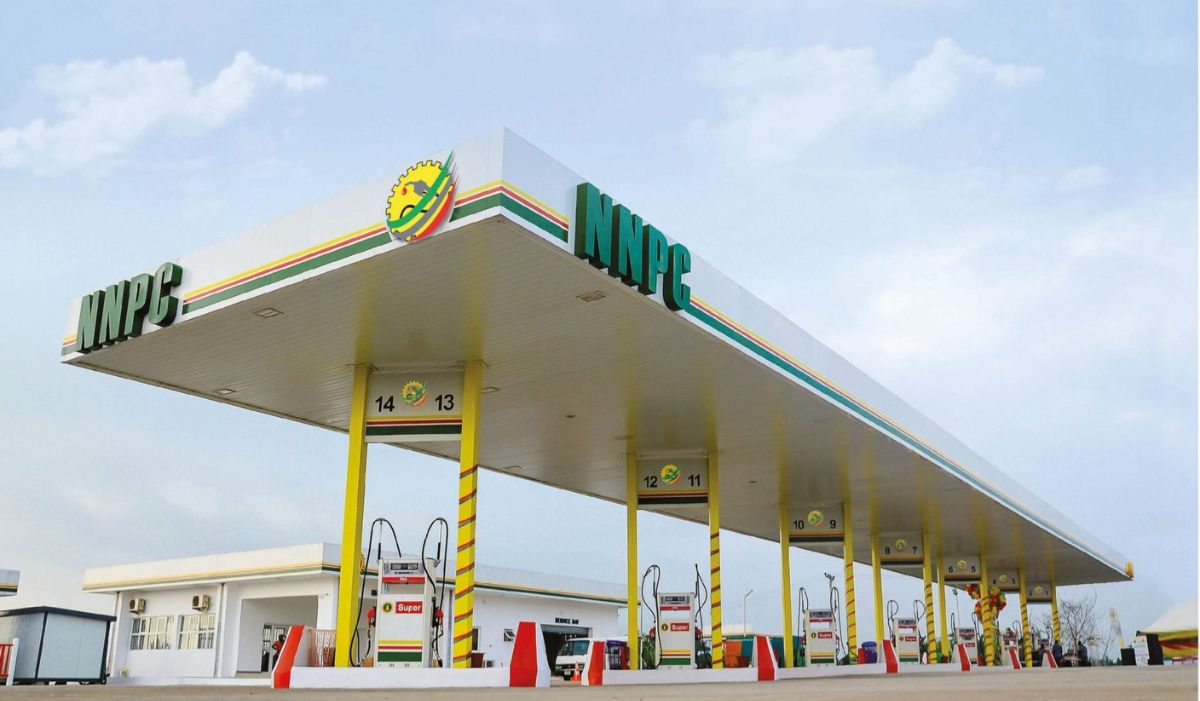Nigerian Gas Production Declines as NNPC Revenue Grows Marginally

NNPC Limited reported a slight decline in Nigeria’s natural gas production for May 2025, dropping to 7.352 billion standard cubic feet per day, down from April’s 7.354 billion.
The company’s latest monthly summary also showed a corresponding decrease in gas sales, which fell from 4.240 billion to 4.185 billion standard cubic feet per day.
Despite production challenges, the corporation generated ₦6.008 trillion in May revenue, representing a marginal increase from April’s ₦5.972 trillion. Crude oil and condensate production also showed modest improvement during the period.
Downstream operations faced difficulties, with fuel availability at NNPC Retail Limited stations declining to 62% in May, compared to 70% in April. Industry analysts suggest this drop reflects logistical pressures amid ongoing subsidy-free pricing adjustments.
Strategic infrastructure projects maintained steady progress. The OB3 project reached 96% completion, while the Ajaokuta-Kaduna-Kano (AKK) gas pipeline achieved 81% completion. Upstream pipeline availability remained robust at 98%.
Recent maintenance interventions included May turnaround operations for the Trans Escravos Pipeline and multiple flow stations in OML 40 and OML 17.
“As part of our strategic efforts, we progressed technical interventions on the AKK pipeline to resolve challenges related to the River Niger crossing, and conducted a detailed evaluation of the OB3 RNC to determine the optimal path for project execution going forward,” the company stated.
Completed maintenance encompassed the Trans Escravos Pipeline, Opuama Flow Station, and both the Obigbo and Agbada Flow Stations. Turnaround maintenance for the Port Harcourt and Warri refineries remains under review.
Corporate social responsibility initiatives during the period included the May 22 handover ceremony for 531 NYSC Corps members’ starter packs, the completion of 6,028 cataract surgeries across southern and northern regions, and the provision of MRI machines to the National Orthopaedic Hospital, Dala-Kano, and Nnamdi Azikiwe University Teaching Hospital, Awka.
Additionally, 4,931 vulnerable farmers in southern Nigeria received comprehensive training covering modern farming techniques, climate change adaptation, and market access strategies.





